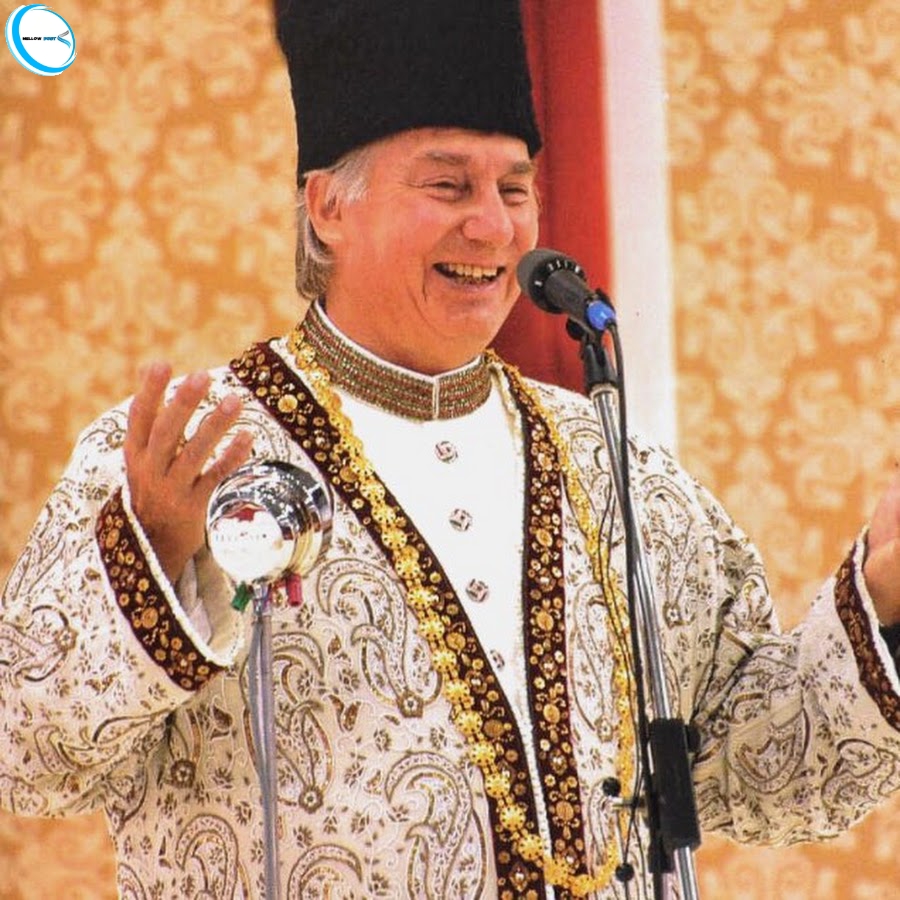Aga Khani: Life and Heritage A Visionary Leader
Introduction:
Aga Khani, also known as Aga Khan, is a title organized by a line of spiritual leaders who are head of the Ismaili branch of Shia Islam. The current Aga Khan, Prince Shah Karim Al Hussaini, ranks 49th in line and serves as a spiritual leader and a human man for millions of Ismaili Muslims around the world. His work spread over decades has left an indelible mark on the Ismaili community and the wider world, especially in the areas of education, development and interfath dialogues.
Early Life:
Aga Khan IV was born on 13 December 1936, in Geneva, Switzerland, as Prince Karim Al-Husaini. He is the grandson of Aga Khan III, who was an influential political person and spiritual leader. Her mother, Princess Tajudavala, and her father, Rajkumar Eli Khan, the then royal and aristocrats of the time were the major figures. His birth in the prestigious Aga Khan family deployed him at the top of spiritual leadership from a very young age.
Growing up:
Aga Khan was made aware of a variety of cultures and traditions. He spent time in many countries including Europe, Middle East and Asia, which shaped his global attitude and understanding of diverse cultures. His education was both harsh and diverse, which combined secular and religious learning. He attended Switzerland’s prestigious Le Rosie School and later studied at Harvard University, where he earned a degree in Islamic history.
Aarohi for leadership:
In 1957, at the age of 20, Rajkumar Karim became Aga Khan after his grandfather, Aga Khan III passed. It marked the beginning of his journey as the 49th Imam of Ismaili Shia Muslims, a community that is from the world, Indians. Subcontinent for Africa and Europe. On handling the leadership, Aga Khan took immediate steps to modernize the Ismaili community. He demanded to balance the conservation of traditional Islamic values with the demands of the rapidly changing world. His leadership emphasized education, pluralism, social welfare and global cooperation.
Improvement and contribution:
One of the most defined aspects of Aga Khan’s leadership has been his commitment to improve Ismailis’ lives and improve the lives of the broad communities in which they live. Their human work spreads in various fields and fields including healthcare, education and economic development.

Education: Aga Khan’s vision for education lies in the belief that knowledge and learning are essential for the good and progress of individuals and communities. He established a network of institutions that emphasize the discovery of intellectual development and excellence. Among the most notable institutions he has established is Aga Khan University (AKU) and AGA Khan Development Network (AKDN) in Pakistan, which run a series of schools, hospitals and other community services.
Development: Under his leadership, Aga Khan Vikas Network became one of the world’s largest private development organizations. It works to improve the quality of life in underprivileged areas, focuses on rural development, poverty alleviation and infrastructure. The AKDN work is spread over more than 30 countries and includes initiative in healthcare, education, architecture, cultural development and environmental protection.
Healthcare: Aga Khan’s commitment to improve health services has been seen in the establishment of Aga Khan Health Services, which operates a series of hospitals and medical centers in Africa, Asia and Middle East. These institutions aim to provide high quality, inexpensive healthcare to less communities.
Architectural Excellence: Aga Khan has also been a lawyer to preserve Islamic architecture and promote the integration of traditional and modern design. Through the Aga Khan Trust for Culture, she has supported the restoration of historical buildings and the development of architectural projects celebrating cultural diversity and history.
Interfaith Dialogue and Pluralism: A strong proposer of religious pluralism, Aga Khan has been a lawyer for interfath dialogue and understanding. He has worked tirelessly to promote cooperation and tolerance between various religious groups. His commitment to pluralism is also evident under his leadership of the Ismaili community, which is known to focus on its inclusion and human development.
Personal Life and Heritage: Aga Khan’s personal life has also reflected his commitment to social reasons. They are married twice, first to Princess Salimah Aga Khan, who had two children, and later Princess Zahra Aga Khan. His children, Prince Hussain and Princess Zahra, have been involved in family -philanthropic efforts.
Aga Khan’s legacy is versatile. They have changed the Ismaili community, serving as a global ambassador for social development, starting a new era of spiritual leadership. His work has won many praise and awards to him, including honorary doctoral and recognition from various international organizations.
Death:
Aga khan IV passed away on February 4, 2025, at the age of 88, in Lisbon, Portugal.



Leave a Reply